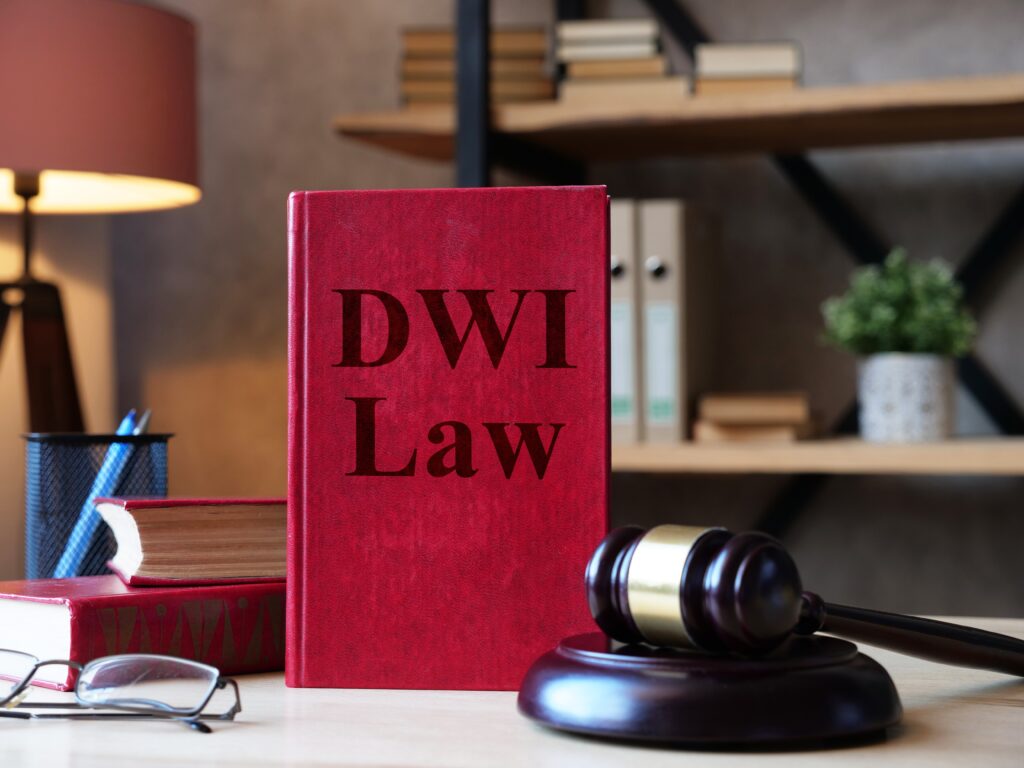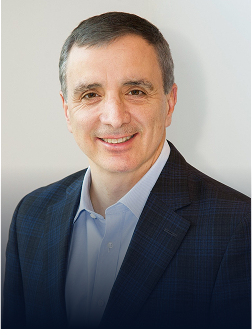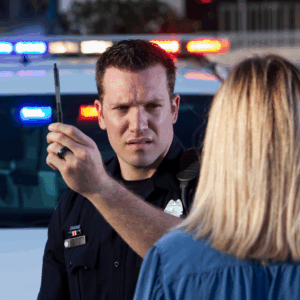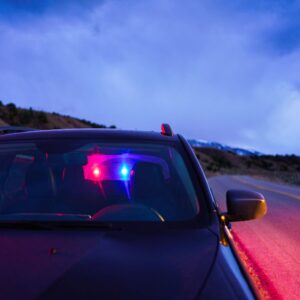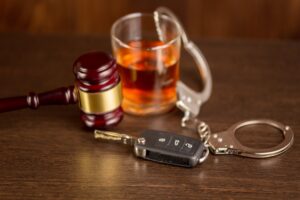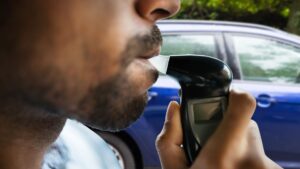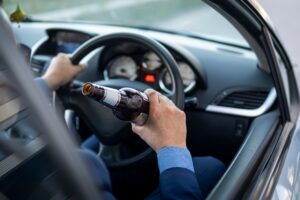 How to Beat a DWI Charge in New York
How to Beat a DWI Charge in New York
Losing your license after a DWI arrest can make you feel like your entire life is on hold. After an arrest, you might be able to get a hardship license while your case is pending. But if you get convicted and part of your penalty is a license suspension, what do you do then?
Being stuck without a car can have serious consequences on your life as you struggle to get to work, shop for groceries, or get your kids to school. To lift some of this burden, you can get a NY conditional license that offers limited driving privileges. However, such a license comes with strict rules, and breaking them can cost you even more.
Conditional licenses are not a free pass, but they can make an enormous difference in your ability to manage your life. Below, the team at Greenspan & Greenspan Injury Attorneys details what they are, how they work, and whether you qualify.
What Is a Conditional License in New York?
A conditional license is a special type of restricted license issued by the New York State Department of Motor Vehicles (DMV). It allows eligible drivers convicted of DWI or related offenses to drive only for specific purposes, such as commuting to work, attending medical appointments, or completing court-ordered programs.
The DMV issues conditional licenses to balance public safety with the reality that many New Yorkers cannot function without some form of driving privileges.
Who Qualifies?
To qualify for a conditional license, you must meet several requirements:
- Valid license status. You must have held a valid New York driver’s license at the time of your arrest.
- No recent violations. To qualify, you must not have been convicted of alcohol or drug-related driving offenses within the previous five years.
- Program enrollment. You must enroll in and complete the Impaired Driver Program.
- Court compliance. You must satisfy all court-ordered requirements related to your case.
Not every driver qualifies for a conditional license. The DMV considers several factors, including prior convictions, refusal of chemical tests, and compliance with court requirements. You may not qualify if you:
- Have more than one alcohol or drug-related driving violation within the past five years,
- Refused a chemical test under New York’s implied consent law,
- Already hold a conditional license from a prior offense, or
- Were involved in an incident causing serious injury or death.
For many, conditional license eligibility is the difference between maintaining employment and facing devastating setbacks. This makes early legal guidance essential.
The entire process can take a few weeks, but working with an attorney can help streamline the process.
Where Can You Drive with a Conditional License?
A conditional license for DWI does not restore full driving rights. It only permits travel to and from certain places, including:
- Work—you need to be able to continue working to live and fulfill most court-ordered requirements;
- School—if you are enrolled in an accredited program;
- Medical appointments—essential for your health and the care of dependents;
- IDP classes or required treatment—completing these is mandatory to restore your license;
- Court or probation meetings—compliance is non-negotiable; and
- Child care or family obligations—within limits approved by the DMV.
You may not drive to any other location for any other purpose. Recreational or convenience driving, like running errands or visiting friends, is strictly prohibited.
The DMV keeps a record of all conditional licenses and their restrictions, and law enforcement can easily verify the conditions of your license during a traffic stop.
Penalties for Misusing a Conditional License
Violating the terms of a conditional license can lead to immediate revocation, additional suspension periods, and even ineligibility for any license reissuance until the full revocation period ends. Misuse may result in:
- Immediate revocation of the conditional license,
- Additional suspension or revocation periods, and
- Ineligibility for reissuance of any license until the full revocation period ends.
Precisely following the terms of your conditional license is crucial. Even a single violation can erase the relief a conditional license provides.
We Make a Difference in Your DWI Case
At Greenspan & Greenspan, our attorneys have decades of experience defending DWI cases throughout Westchester County and the greater New York area. We understand the intricate relationship between criminal proceedings and DMV administrative actions, allowing us to coordinate strategies that protect your driving privileges and freedom.
Our team has successfully helped hundreds of clients obtain conditional licenses while fighting their underlying charges. We know which documentation the DMV requires and how to avoid common pitfalls, contact us today and we can assist you in securing your conditional license faster. Our goal is to protect your future, both on and off the road.
Don’t let the fear of losing your driving privileges paralyze you. The road to resolution begins with a single, proactive step.
FAQs
How Long Does It Take to Get a Conditional License in NY?
The process to obtain a conditional license for DWI is not immediate but can be initiated relatively quickly. Typically, you can get a conditional license within approximately 18 to 20 days after the court enters your suspension order. However, you must be eligible for such a license, and you must have applied for the required Impaired Driver Program (IDP).
How Long Can You Have a Conditional License in NY?
Generally, a conditional license is valid for six months or the duration of the license revocation or suspension period. In other words, it is often good until you can get your regular driving privileges back.
Can I Drive Outside New York State with a Conditional License?
No. A New York conditional license is valid only within state boundaries unless specifically noted by the DMV. Other states do not have to honor it.
What Happens If I Miss an Impaired Driver Program (IDP) Class?
Missing a class can result in removal from the program, which means automatic revocation of your conditional license. If an emergency arises, you must notify the provider immediately.
Will My Employer Know I Am on a Conditional License?
Your employer does not automatically receive notice. However, if driving is part of your job, they may learn about your restrictions during insurance or background checks.
Can I Switch Jobs While Using a Conditional License?
Yes, but you must notify the DMV and update your conditional license terms to reflect your new work location.
Resources:
- Conditional and Restricted Use Licenses. New York State Department of Motor Vehicles (DMV), link.
- Vehicle and Traffic Law §530. New York State Senate, link.
- Vehicle and Traffic Law §1194. New York State Senate, link.
- Chapter 9: Alcohol and Other Drugs, New York State Driver’s Manual. New York State Department of Motor Vehicles (DMV), link.
- Penalties for Alcohol or Drug-Related Violations. New York State Department of Motor Vehicles (DMV), link.
You and the Drinking Driving Laws (Form C-39). New York State Department of Motor Vehicles (DMV), link.

